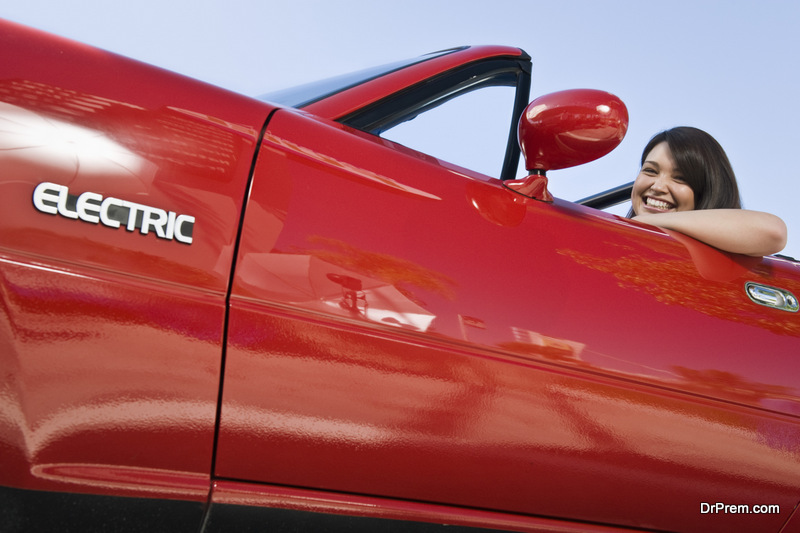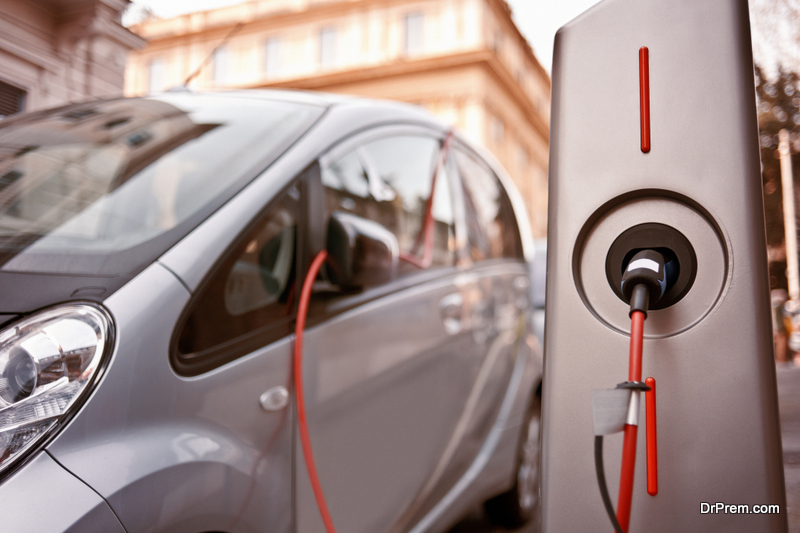When hybrid cars hit the market, it didn’t take long to see an exponential increase in sales. Hybrid electric car sales increased from just 17 sales in 1999 to 384,404 sales in 2015, according to the U.S. Department of Transportation. Since then, a multitude of hybrid vehicles have been introduced, promising to save money on gas and preserve the environment.
Today’s car market is full of hybrid trucks, SUVs, and sedans made by all major manufacturers like GMC, Chevrolet, and Toyota.
While owning a hybrid vehicle saves money on gas, other car-related costs – like repairs, maintenance, and insurance – can be more expensive. Unfortunately, hybrid car owners who live in a no-fault car insurance state can be doubly affected by high insurance rates and expensive repairs.
Car insurance policies for hybrids are expensive
 Comparing insurance policies between hybrids and their gasoline counterparts, NerdWallet found that insuring a hybrid costs an average of 7% more. Although, the hybrid Toyota Highlander cost 11.8% more to insure, and the hybrid Hyundai Sonata cost 10.3% more to insure. The reason for the increase in cost is said to be because insurance payouts will be higher if the car is stolen or totaled.
Comparing insurance policies between hybrids and their gasoline counterparts, NerdWallet found that insuring a hybrid costs an average of 7% more. Although, the hybrid Toyota Highlander cost 11.8% more to insure, and the hybrid Hyundai Sonata cost 10.3% more to insure. The reason for the increase in cost is said to be because insurance payouts will be higher if the car is stolen or totaled.
Insurance payouts might be higher for hybrids in tort states, but in no-fault states, it’s not so easy to calculate. States that embrace the no-fault insurance system are in the minority with only thirteen states, and don’t pay out according to the same calculations. For example, fault is not factored into the payout, and aside from lost wages, non-physical injuries (like pain and suffering) aren’t compensated. Since repairs can be expensive, unless a hybrid car is totaled, the driver may not recover enough compensation.
No-fault car insurance works differently
No-fault car insurance works differently than the standard tort system. In New York state, for example, each driver is required to carry $25,000 for one person’s bodily injury, and $50,000 for multiple injured people. Additionally, drivers must carry $50,000 of no-fault coverage. Unlike a tort state, after an accident in a no-fault state, each person recovers compensation from their personal policy, regardless of who caused the accident.
No-fault insurance policies have maximum payouts set by the state, the insurance company, or both. Sometimes payouts aren’t enough to cover expenses, especially when there are non-serious injuries involved. If a driver has to repair a hybrid vehicle, they can usually expect to pay more for that repair. Their repairs may not be covered by the compensation they get from the insurance company. For example, hybrid owners can expect to shell out several thousand dollars for a new battery pack if it was damaged in an accident.
Hybrid repair costs are gradually dropping
 Although repair costs for hybrid vehicles is generally more than standard vehicles, the cost has been dropping over the years. Perhaps that’s due to the increase in sales and more mechanics being trained to work with the specialized electronic components of a hybrid. Due to the complexity, even minor repairs to a hybrid can require a specialist.
Although repair costs for hybrid vehicles is generally more than standard vehicles, the cost has been dropping over the years. Perhaps that’s due to the increase in sales and more mechanics being trained to work with the specialized electronic components of a hybrid. Due to the complexity, even minor repairs to a hybrid can require a specialist.
Since 1999, the cost of buying a hybrid vehicle has gone down, with some hybrids costing the same (or less) than gasoline models. In the beginning, some hybrids qualified drivers for federal tax credits. Today, there are state incentives for owning a hybrid.
Owning a hybrid isn’t just about saving money
Everyone wants to save money on gas, but who wants to save the environment? Owning a hybrid vehicle in a no-fault state isn’t a bad idea, it’s just going to cost a little bit more than other cars. Don’t try to avoid the cost by driving without insurance in a no-fault state. If you don’t have insurance, you can’t recover compensation from the other driver even if they are fully responsible for the accident.
If your priority is to save money, a hybrid vehicle isn’t the solution. It will be years before you’ll see those savings. The fuel economy ratings promoted by manufacturers are 20-30% higher than what drivers get in real-world conditions. You’ll save money on gas, but it’s not nearly as much as advertised.
If your priority is to do everything you can to make responsible choices for the planet, owning a hybrid vehicle is a good start. Driving a hybrid vehicle might cost more money in the long run, but if it helps preserve the environment, it’s worth every penny.
Article Submitted By Community Writer


